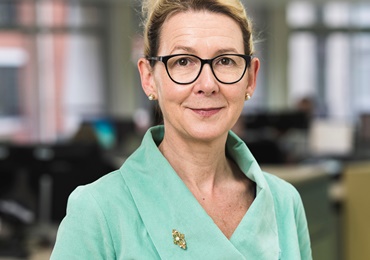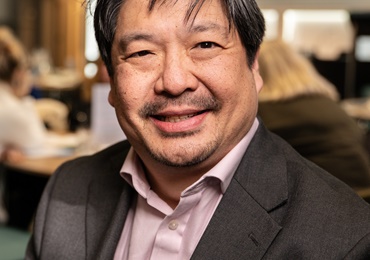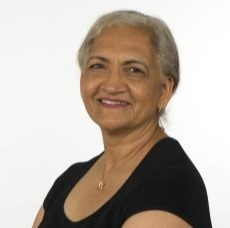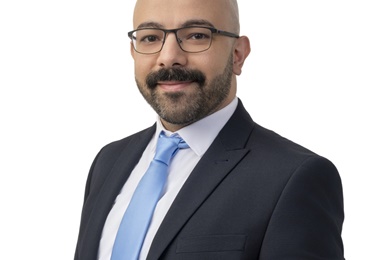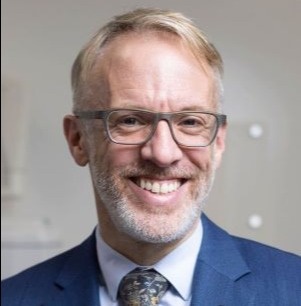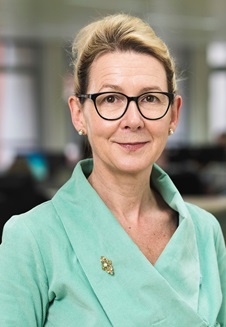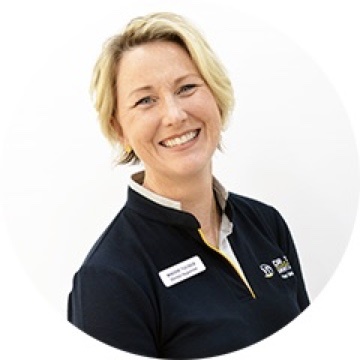A view from the Chair: the dental workforce is a complex issue
One month to go until international registration legislation changes
We are ready to apply the new rules for registration of internationally qualified dentists and dental care professionals from 9 March 2024. This is the first point at which some aspects of the way we operate the Overseas Registration Examination (ORE) can be changed.
To prepare for this change, in the last year we have consulted on and agreed new rules, worked with consortium partners to triple the number of places available for Part 1 of the ORE and increase places for Part 2 by one third. We have doubled the size of our registration casework team to tackle the backlog in overseas applications.
These changes mean that more candidates will have the opportunity to sit the ORE or be assessed as dental care professionals and be able to become registered to work in the UK.
Council will soon make important decisions about the application processing fees and examination fees, with a view to making the ORE self-funding, which will allow the GDC to procure services for provision of the exam from appropriate providers, which are responsive to demand.
Our aim is to create a modern system of international registration which is fair to applicants, efficient to deliver – and above all is rigorous in protecting patient safety. We have already started the work to develop this system. It depends on a complex combination of legislative, contractual and operational changes, testing the market for examination providers who can meet the demands of scale and patient safety.
Registration of overseas dental professionals has no direct impact on NHS dentistry
Getting international registration to work more effectively in the interests of patients and of the dental professionals who want to be able to work in the UK remains one of my priorities. The legislative easing opens up more opportunities to make improvements and to work with a wider range of providers, and we are ready to pursue them.
But nobody should be under any illusion that changes to international registration will provide a solution to the challenge of delivering care – and particularly NHS care – which meets patients’ needs. Simplistic solutions are a distraction from the sustained work needed by everybody involved in the provision of dental services to ensure that capacity and need are better aligned than they are today.
It will be easier to see the pattern of workforce issues when we publish the data we collected as part of the annual renewal process for dentists at the end of last year. I am very grateful to the more than 20,000 dentists who responded (at least 50% of dentists on the register), which will give us a very rich picture of where dentists work, the balance between private and NHS practice, and the balance between clinical and non-clinical roles and activities. We are aiming to share the headline results by the end of this month, with more detailed analysis to follow. And we will be repeating the exercise in the summer to capture a similar picture of the working patterns of dental care professionals as part of their annual renewal process.
You can read a briefing document of the facts, issues and priorities around registering dental professionals from overseas here.
Changes in Council and the Executive Team
It’s important that the GDC’s Council is properly constituted and always good if we can use the skills and experience of those involved for longer. I am therefore pleased that Angie Heilman MBE and Laura Simons have been appointed to Council for a further four years from 1 October 2024.
And while we are extending our thanks to people who play important roles in the GDC’s governance, I must also mention that Lisa Marie Williams, the GDC’s Executive Director of Legal and Governance, is leaving the organisation at the end of March. In my role as Chair of Council I have worked closely with Lisa Marie and greatly value the pragmatism and professional leadership she has brought to working in a regulatory environment.
 eGDC
eGDC



